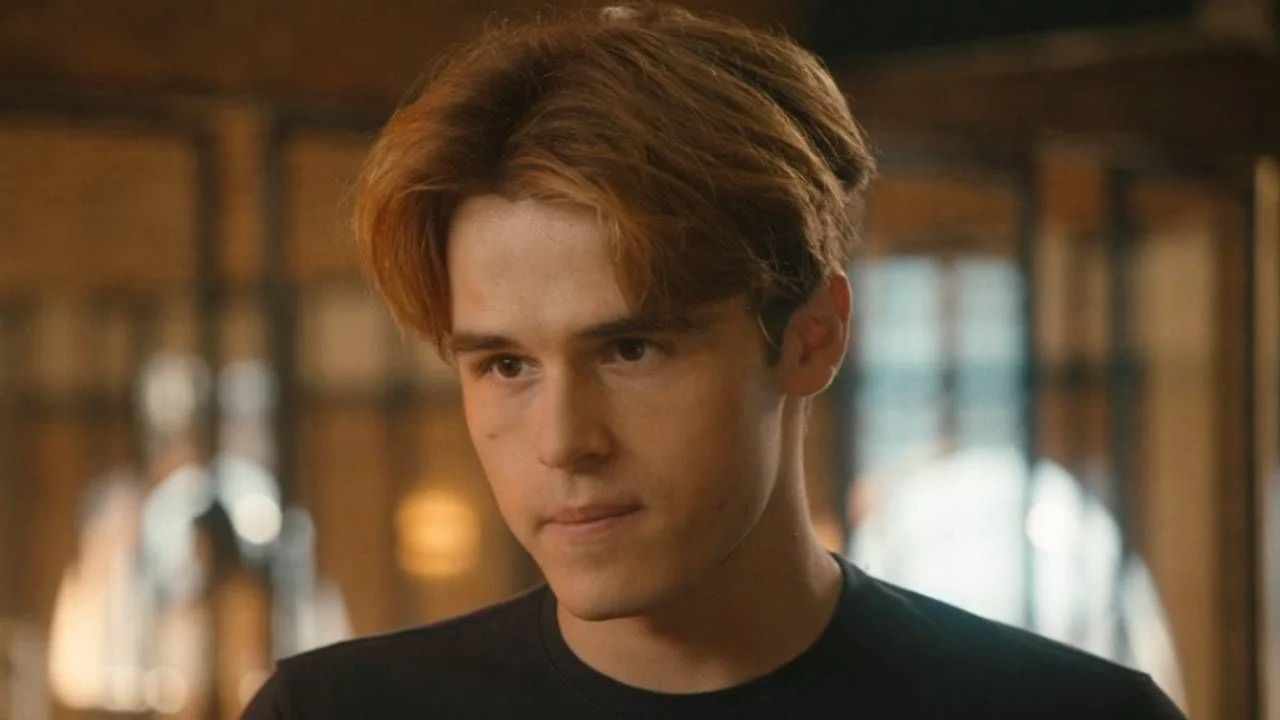On May 8, viewers will return to Planet of the Apes. And the new world, a few generations after Caesar and his allies fought for freedom, is now under the rule of a tyrannical leader, and humans have returned to a savage state. The first part of a new trilogy, The New Kingdom entrusts Wes Ball, who skillfully and successfully navigated the labyrinth. Three months before the release of the feature film, he reveals his approach and ambitions. familiarity.
How did you feel about the pressure of continuing this saga?
Wes Ball (Director): This series premiered in 1968 and it’s amazing to be a part of it all these years later. Succeeding in the mission to continue this franchise was not easy. We owe it to ourselves to pay tribute to what this legendary saga has achieved. But we are not trying to continue what has been created before: we are really trying to create a new vision for this world. I think this new movie goes further. The message is that the more we learn, the more we master our thinking.
“We’re really trying to create a new vision for this world.”
Was Andy Serkis from the previous trilogy in this movie?
Of course, especially since I wanted him to be a part of this creation. And even though he wasn’t cast as one of the new characters, I shared the script with him and we talked a lot about the world of Planet of the Apes. Andy Serkis allowed us to stay true to the spirit of the franchise while starting fresh.
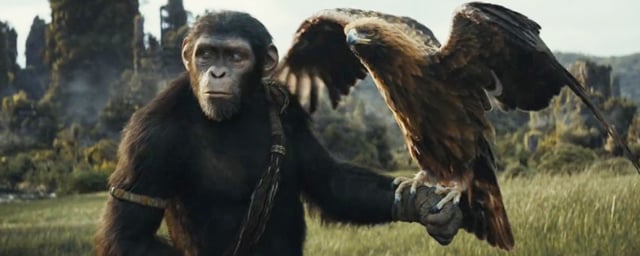
It also allowed us to better train the new actors who were to become the monkeys. Not pretending to be monkeys, but really becoming them. We asked our actors to take some training courses to become the best monkey ever. They studied in a “monkey boot camp”: they had to wear monkey suits and really get into the skin. It was a tense moment for them. We also worked with a Cirque du Soleil artist to train our actors and choreograph their movements. After all, you can’t pretend to be a monkey, you have to become a monkey!
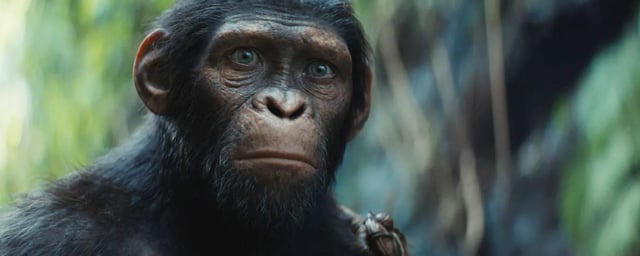
So is the approach to making Apes the same as Andy Serkis’ trilogy?
Yes, we use real actors to capture the movements of all the characters. And we shoot in a completely natural environment. It is really difficult to make the world built with these visual effects realistic. I knew this film was going to be a real challenge, but I didn’t realize how much!
“The memory of the past is gone forever”
And there’s this fascinating new character, Proximus Caesar…
It looks a bit like Genghis Khan from Planet of the Apes! He wants to unite all the apes under his rule and systematically eliminate the few humans who are still alive. People are called “echoes”. As if they were a memory of the past gone forever. Most of the young apes don’t even know that the planet was once inhabited by humans. Proximus succeeded in the domestication of electricity and the art of copper sculpture. It is plated with copper, not gold. Copper became the ultimate wealth of these monkeys. Proximus is truly a king, an emperor Kingdom of the Planet of the Apes.
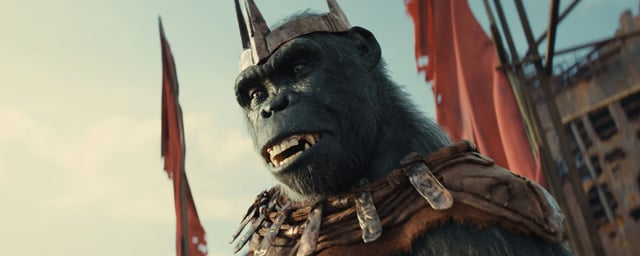
Tell us about this kingdom and the visual world of the film?
I think if we have a big “overload”, everything will become incredibly beautiful again. Nature will regain its rights and the planet will flourish. Even if underneath it all lies the remnants of our civilization, like a ghost suspended. Visually, I was trying to reach the level of Avatar, but without James Cameron’s budget.
“We see a reflection of our humanity through these adventures”
And apparently with this new component is the excitement of conquering space?
Yes, and I think if we get a chance to explore all the ideas that I have in mind through the three films, then we’ll have a new perspective on space exploration and what that means. I think if you watch this movie, you’ll see what we have in mind for future movies.
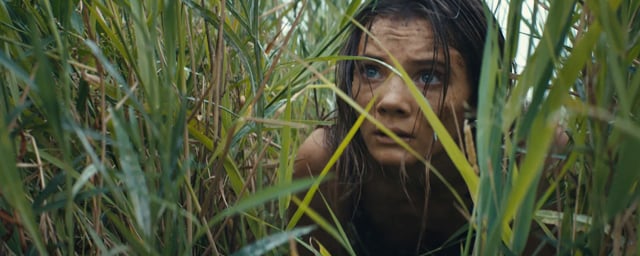
What do you think this movie says about us as humans?
That’s what these movies bring. We see a reflection of our humanity through these adventures. I think this movie further highlights our desperation and greed. But on the other hand, I think it also emphasizes the compassion and empathy that we are capable of. It focuses on the importance of education: what we learn can set us free, knowledge is like a good virus that can save humanity or, in this film, save the planet of the apes. Ultimately, this film asks the crucial question of whether apes and humans can live together. I think the themes of racism and class struggle that were central to the films of the sixties are still relevant today.
Can a new audience see this film without getting lost without reference to previous films?
Absolutely, and I’ve done my best to ensure that any viewer can have a good time with this movie, even if they’ve never seen any of the films in this legendary franchise. I hope this film will make a whole new audience want to discover other films in this fascinating world.
The comments were collected on February 12 in Los Angeles by Emmanuel Ittier
Source: Allocine
Rose James is a Gossipify movie and series reviewer known for her in-depth analysis and unique perspective on the latest releases. With a background in film studies, she provides engaging and informative reviews, and keeps readers up to date with industry trends and emerging talents.

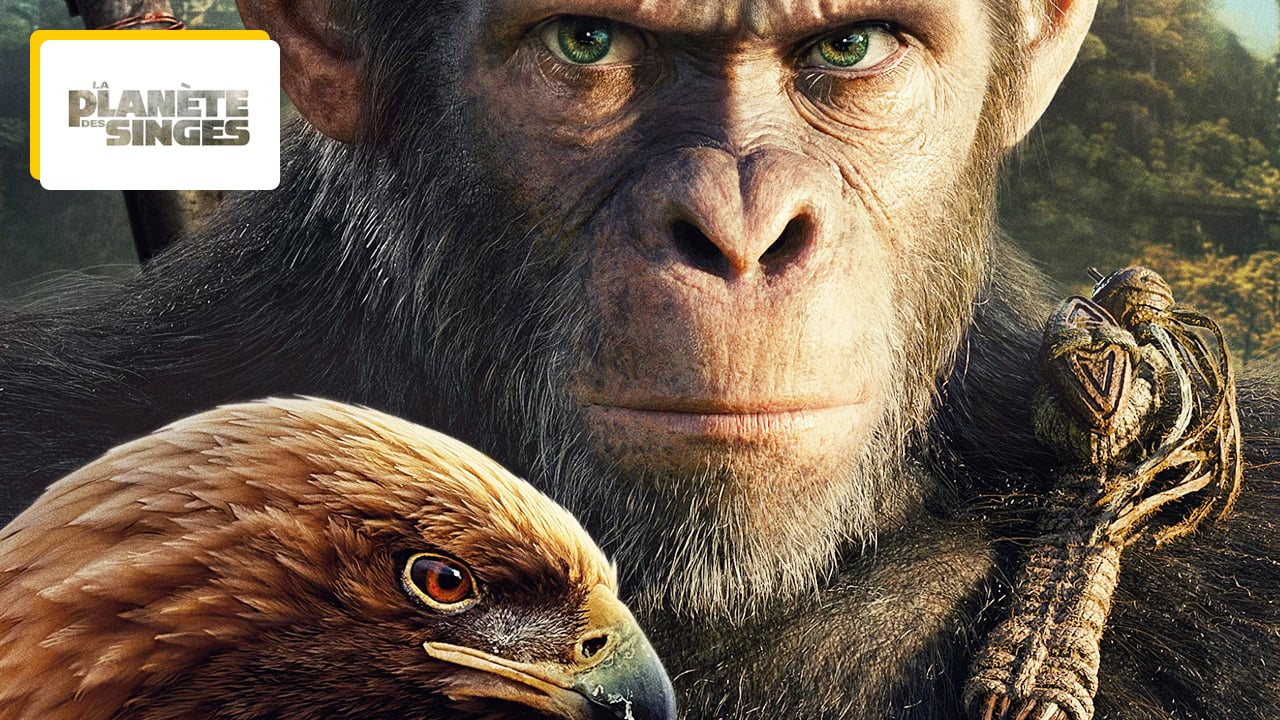
![Tomorrow belongs to us: What awaits you on Thursday, 2014, in the episode of August 21, 2025 [SPOILERS] Tomorrow belongs to us: What awaits you on Thursday, 2014, in the episode of August 21, 2025 [SPOILERS]](https://fr.web.img4.acsta.net/img/f3/67/f367cef67259314e71fe2cb3ee784be4.jpg)
